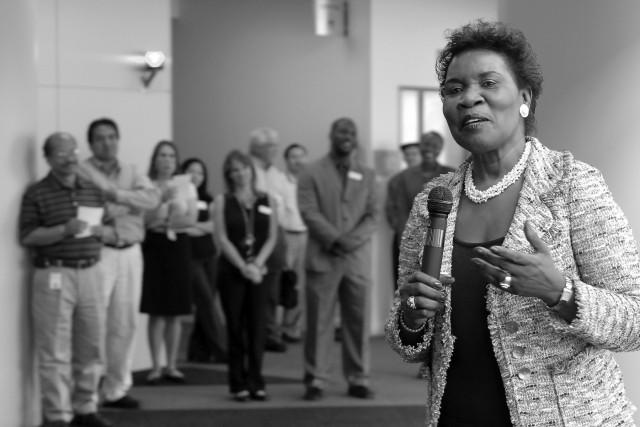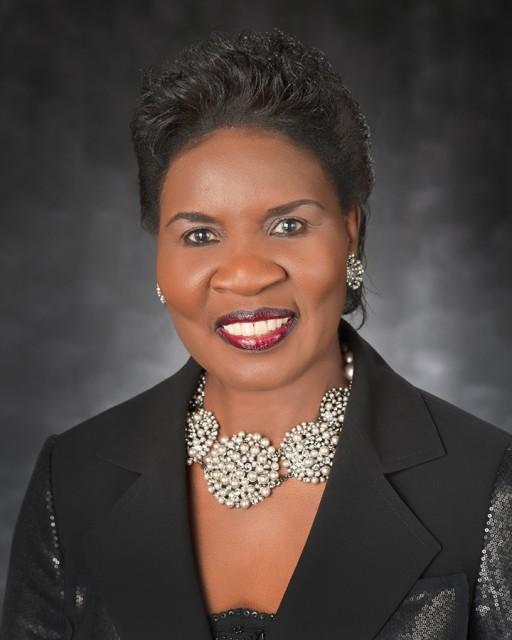Samuel medina/ south news editor
Some college students are demanding protection from ideas, points-of-view and words they don’t like. College students are adults. They shouldn’t be offended and protected from opposing views. After all, colleges take pride in diversity.
In recent years, many social activists have been taking a righteous stand against discrimination and spreading awareness on various issues. Although it is a good idea, some topics have been blown out of proportion. Some college students expect professors to put “trigger warnings” into the class syllabus to warn those who might have a strong emotional response to a certain topic. For example, some students have wanted to avoid F. Scott Fitzgerald’s The Great Gatsby, saying it represents misogyny and physical abuse.
It is understandable why students would want warnings, but it has gotten to the point where students at Harvard Law School have asked professors not to teach laws about rape or even use the word violate. Some important topics are delicate or even disheartening such as rape, but by completely shutting them out, it could prove disastrous for the individual’s education.
On Sept. 14, President Obama addressed the issue of students being coddled and too sensitive to contrasting ideas by saying, “That’s not the way we learn.” He had many supporters who also wanted the censorship in colleges to come to an end. Colleges and professors should not have to be ridiculed when they have a guest speaker students do not agree with or a subject they don’t want to hear. Several comedians like Chris Rock and Jerry Seinfeld have even stopped performing at college campuses saying a lot of students cannot take a joke.
Colleges and guest speakers can’t please everyone with a topic because the community will always have diverse beliefs. Different things are always going to offend different people. We have to accept that and be more courteous toward others’ ideas.
The way to learn is to understand opposing viewpoints. College is a place of knowledge, not a place to avoid touchy subjects altogether. Although serious, trigger warnings could be a way for students to avoid doing assignments, making them ideal for misuse by students. Feelings are not always trustworthy when trying to think critically. If unrestrained, emotions can bring out the worst in people and cause them to lash out at others who do not deserve it.
It is important that we, as college students, immerse ourselves into everything our professors have to offer. We shouldn’t let our fears hinder our education.






























